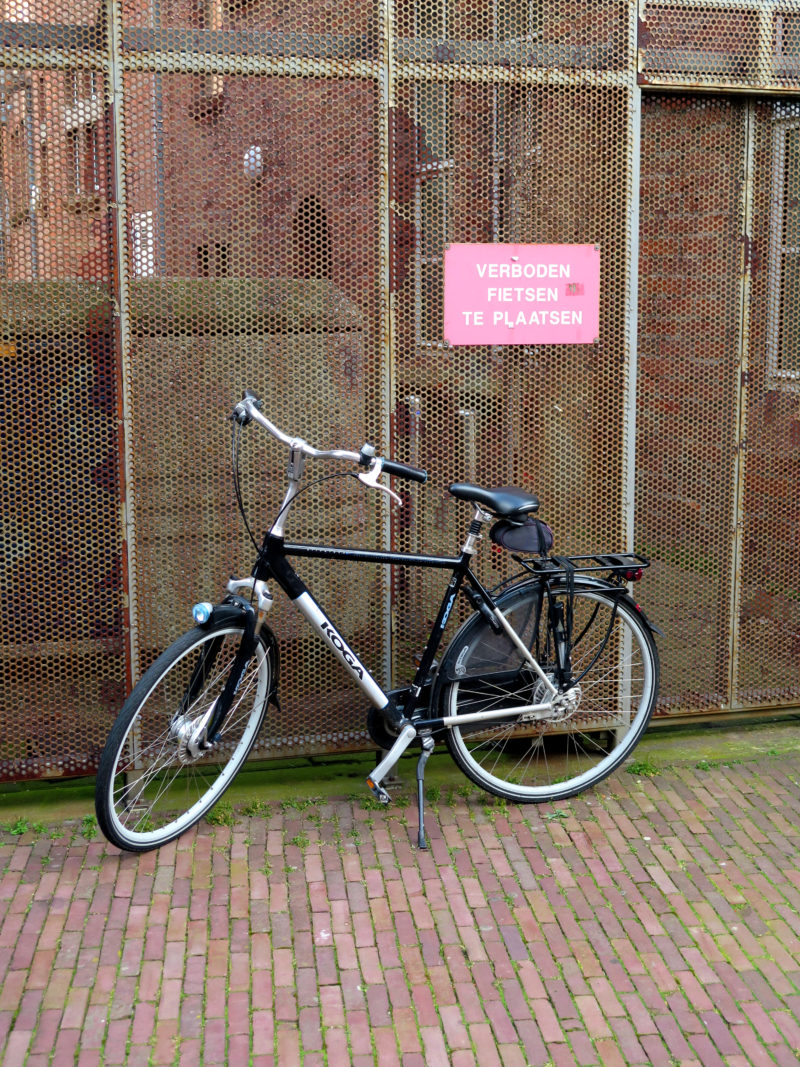My father died 16 years ago in June. I have been thinking about him a lot lately because I coincidentally came across articles or TED talks that featured amputees who publicly discussed the choices they made in life after the assaults on their bodies. They also publicly display their protheses, which are streamlined, light, robotic looking extensions that allow for a lot of movement.
In 1942 when my father lost both of his legs in the war, just turning 20 years old, it was a different story. There was shame attached to having the protheses visible; equally important, the artificial limbs were made first of wood, then some heavy plastic, all of which needed to be carried and tied on with a heavy leather cone with multiple belt buckles, that was hellishly hot and air tight. The things made noise, too, squeaking and grinding, increasing the embarassment. Amputees were often shunned in a country that tried to forget about its history and the war, for which they were visible reminders.
Standing all day at a lab bench early in his career as a chemist was in itself an athletic feat, one for which he paid dearly with nightly blisters on the parts of his legs that attached to the protheses. But he would not be stopped. He had been in a major league handball team before the war. Physical activity had to be continued – and so he figured out what he could do. I learned to play table tennis from my father. I saw him horseback riding, and later, when we would spend winters skiing in Switzerland, he would actually go curling. A SPORT WHERE YOU HAVE TO WALK/RUN/CROUCH ON ICE. In summers in Holland he would go before dawn to the North Sea and swim, before anyone could see him putting the wooden legs off and on. And he rode his bike. Determined. Unstoppable.
Nowadays there are at least possibilities for those who went through these traumas to receive help, or find and work with those who share the experience. If a team like the one described below had existed in the 1950s my father would have probably joined.
This All-Amputee Softball Team is Changing the Way We Think About Treating Trauma
The physical consequences of the amputations and the decades of pain meds needed to be able to function on a daily basis made his last years particularly difficult, independent of the PTSD. I wish he had had someone at his side like the palliative care physician featured in the TED talk below. It would have made a difference, I believe.
It is only with hindsight that I am able to understand the full extent of courage it took to lead the life he led without ever becoming hard. I try to remember that every time I become upset over some little chickenshit, as they say in polite company….
Photographs are bikes in Alkmaar and Bergen aan Zee, NL.












Carl Wolfsohn
Progress can be a blessing!
Mike
Lovely memory. I see him in you.
sis
Touching story. Courage indeed!
Sidonie Caron
Your father was obviously an amazing man & role model, who lived life as fully as he Possibly could.
I will send you a separate email why in a much smaller way resonates with me right now.
leila falk
Thank you for this very moving tribute to a much beloved father.